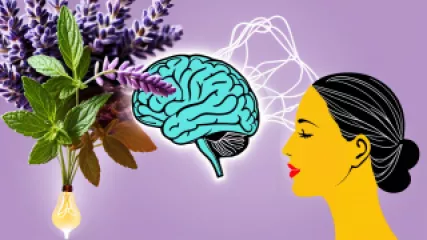Finding Solace in Bereavement: A Compassionate Perspective
1 year ago
Bereavement Support
My Journey to Finding Motivation: Overcoming Obstacles and Cultivating Encouragement
1 year ago
Motivation
7 Positive Coping Mechanisms to Manage a Personal Crisis
1 year ago
Managing Personal Crisis
Unleashing Your Persuasive Power: Lessons from Influential Films
1 year ago
Psychology of Persuasion
10 Surprising Ways Advertising Impacts Mental Health
1 year ago
Impact of Advertising
Lessons on Adult Attachment from Your Favorite Movies
1 year ago
Understanding Attachment in Adults
10 Parenting Tips and Tricks for Busy Families
1 year ago
Parenting Tips
Why Mindfulness Meditation Should Be a Daily Practice
1 year ago
Mindfulness Meditation
How to Start Therapy: A Step-by-Step Guide for Mental Health Education
1 year ago
Therapy Basics
Embracing Obstacles: A Pathway to Personal Growth
1 year ago
Overcoming Obstacles
What is the Psychology Behind the Sense of Smell?
1 year ago
Psychology of Smell
My Journey to Understanding the Psychology of Space
1 year ago
Psychology of Space
Embracing the Unique Gifts of Giftedness
1 year ago
Giftedness
The Psychology of Waiting: My Personal Journey
1 year ago
Psychology of Waiting
10 Effective Cognitive Therapy Techniques for Sustainable Behavior Change
1 year ago
Behavioral Change














